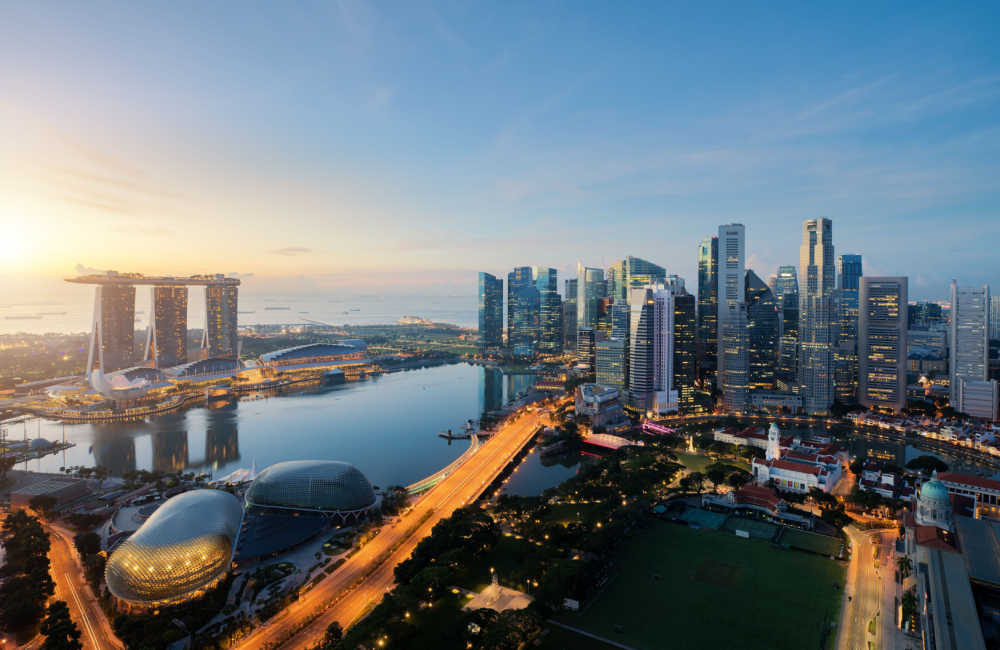Singapore Executes a Man For Coordinating Delivery of Cannabis
A Singaporean man, Tangaraju Suppiah, who was convicted of attempting to traffic 2.2 pounds of cannabis, was recently executed despite criticism from rights groups and campaigners who condemned the severity of the sentence.
Many pointed out the severity of the punishment in the light of increased legalization of cannabis around the world, as well as the more lenient approach to drugs and capital punishment being adopted by other nations in Asia, including Singapore’s neighbors.
Despite cannabis being legalized in several countries, Singapore’s government maintains that the harsh drug laws and capital punishment remain in place to deter drug traffickers and maintain public safety. Despite protests, they carried out the execution of the 46-year-old Tangaraju in Changi Prison.
The execution took place despite pleas for clemency from his family and protests from activists that he was convicted on weak evidence, according to NPR.
United Nations Call for a Moratorium on Executions
Tangaraju Suppiah was convicted of coordinating the delivery of 2.2 pounds of cannabis based on phone number traces, despite denying the accusations.
A United Nations Human Rights spokesperson, Ravina Shamdasani, called for the Singaporean government to adopt a “formal moratorium” on executions for drug-related offenses, stating that such punishment is against international norms and standards, and increasing evidence shows it is ineffective as a deterrent.
“Imposing the death penalty for drug offenses is incompatible with international norms and standards,” said Shamdasani, according to NPR. She added that increasing evidence shows the death penalty is ineffective as a deterrent.
Singapore Maintains Laws Are Effective
Singapore authorities argue that their strict drug laws and use of capital punishment are effective deterrents for drug traffickers, as studies have shown that traffickers tend to carry amounts below the threshold that would result in the death penalty.
However, this stance is in direct contrast to neighboring countries, such as Thailand where medical cannabis has been essentially legalized, and Malaysia, which has abolished the mandatory death penalty for serious crimes. It’s also shocking in a time when many countries, including Germany and large parts of the United States, have legalized cannabis use.
In addition to outrage about the execution, some also questioned the guilt of Tangaraju Suppiah. “Tangaraju’s conviction relied mainly on statements from his police interrogation – taken without a lawyer and interpreter present – and the testimony of his two co-accused, one of which had his charges dismissed,” Amnesty International said, according to CNN.
The Anti-Death Penalty Asia Network also condemned the execution as “reprehensible.” They added that the use of the death penalty by the Singaporean government “is an act of flagrant disregard for international human rights norms and casts aspersion on the legitimacy of Singapore’s criminal justice system.”
Relatives and activists sent letters to Singapore’s President Halimah Yacob, pleading for him to spare Tangarju’s life. Authorities dismissed an application filed by Tangaraju himself for a stay of execution, filed just days before his execution. They took the action without holding a hearing.




